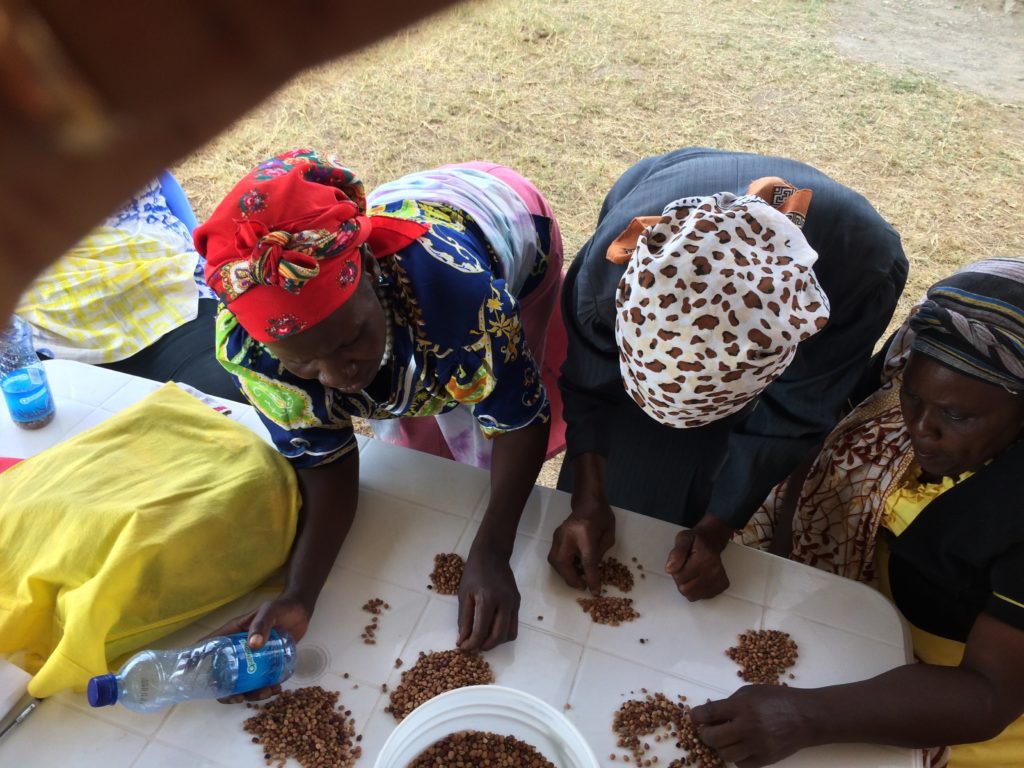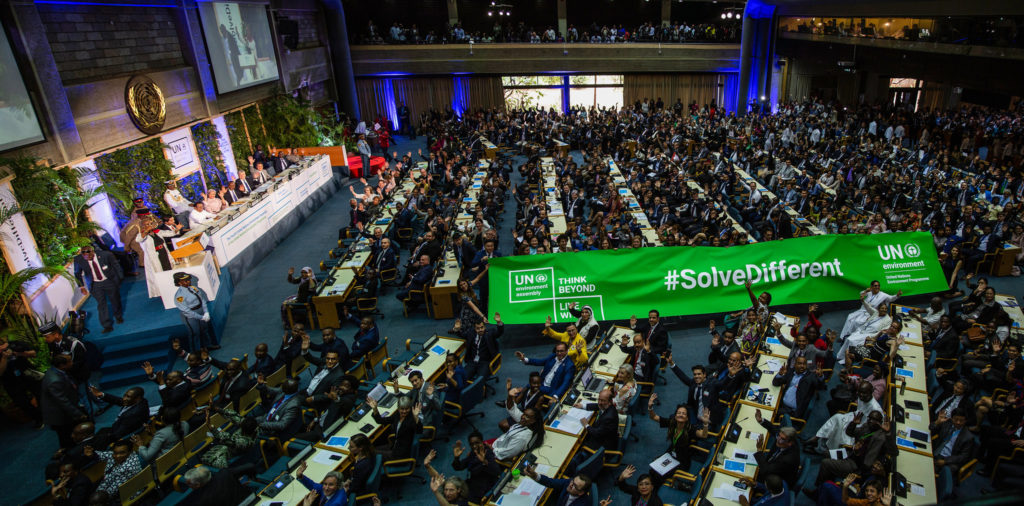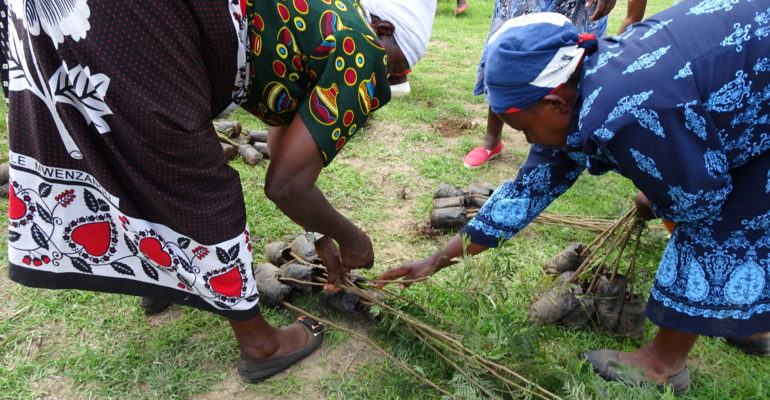5 June is World Environment Day, SI Advocacy Coordinator, Hannah Agius, discusses the importance of adopting a gender perspective for this year’s theme, biodiversity.
The term ‘biodiversity’ refers to the 8 million species of plants, animals, fungi, and bacteria living on earth, and the ecosystems to which they belong. The air we breathe, the food we eat, the water we consume, and the livelihoods available to us, all depend on biodiversity.
“Biodiversity may be seen as an intricate web, in which each part is interdependent. When one component is changed–or removed–the entire system is affected, and this can produce positive–or negative–consequences”. – UN Environment Programme
Scientists and multi-stakeholders are increasingly improving their awareness of the importance of maintaining healthy levels of biodiversity. However, subsequent policies adopted to protect or repair biodiversity often overlook the need for a gender-sensitive approach, in both the planning and the implementation stages. Without the equitable input of women and girls, environmental efforts risk overlooking the root causes of biodiversity loss, as well as potential solutions, and can lead to the exacerbation of gender inequalities.

SI Past President Appeal, ‘Women Water and Leadership’, empowering communities with knowledge of sustainable farming methods.
Environmental degradation is largely caused by the unsustainable development of densely populated regions, yet the effects are felt hardest by rural communities whose wellbeing depends on natural resources. Traditional gender roles are often responsible for preventing women’s involvement in decision making. However, it is important to recognise that these roles also allow women and girls invaluable insight into the intricacies of sustainable biodiversity management within their region.
“Women’s roles also mean they hold vast knowledge on sources of water, storing and caring for seeds, and the diverse uses and benefits of plants, including for food, medicine, art, and avoiding and mitigating land degradation. This knowledge is crucial to preserving biodiversity, addressing climate change and supporting livelihoods.” – WEDO
Men and boys must be encouraged to recognise the benefit of including women in the decision making and implementation process. Women and girls must be given equitable access to the same standard of education as men and boys, and be provided equal access to environmental plans for areas of land which affect them. Moreover, women and girls must be granted equal access to land rights. Indigenous and rural women are increasingly taking on the management of small-scale agriculture, yet they remain the most marginalised in the decision-making processes, this is a clear misnomer which cannot be allowed to continue.
“We need to mitigate both cultural and logistical barriers to allow women to voice their needs, knowledge, priorities, and solutions in relation to sustainable development – at the same level as men. Equal rights and access to ownership and control over land are also critically important for women across the world, as reflected in the Sustainable Development Goals (targets 1.4, 2.3, 5.a).” – Cristiana Pașca Palmer, Executive Secretary, Secretariat of the Convention on Biological Diversity.

Soroptimist International advocating for the rights of women and girls at the UN Environment Assembly. © NATALIA MROZ/ UNEP
The effects of biodiversity loss are far-reaching; from food security, sanitation, migration, and sustainable energy, this is a topic that is inextricably linked with human rights and one that calls for the complete adoption of a gendered approach. From local to global, SI is committed to promoting the inclusion of women in environmental governance at every level.
Reccomended reading:
https://www.iied.org/role-influence-impact-women-biodiversity-conservation
https://www.worldenvironmentday.global/about/biodiversity
Find out how good your biodiversity knowledge is by taking the official World Environment Day quiz.

